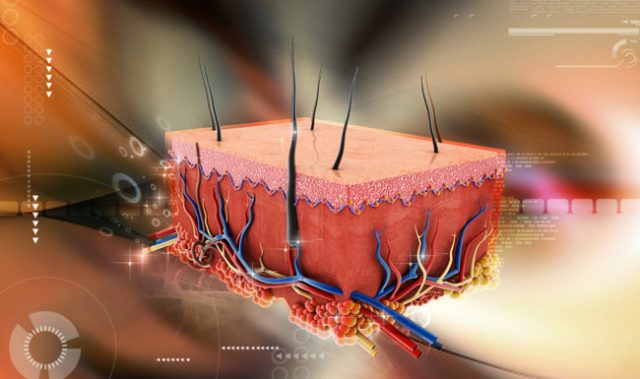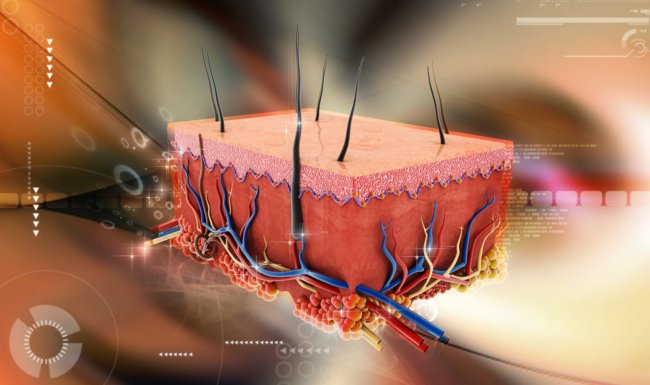
AsianScientist (Feb. 12, 2015) – Scientists of the EpiGen consortium and the Nestlé Research Center have shown that the bacterial makeup of the gut (gut microbiota) in babies can influence their development and weight gain. They also showed that the composition of a baby’s gut microbiota is influenced by factors such as the method of delivery and the length of the pregnancy. Their results have been published in the journal mBio.
Bacteria in the human gut may influence many aspects of our health; however, it is not fully known what determines the composition of the gut microbiota. Microbiota content has been associated with the development of obesity and insulin resistance and is thought to be influenced by the environment of the baby before birth.
Led by scientists at A*STAR’s Singapore Institute for Clinical Sciences (SICS), in collaboration with researchers from KK Women’s and Children’s Hospital, the National University Health System (NUHS), the University of Southampton and Nestlé Research Center, the study on the Growing Up in Singapore Towards healthy Outcomes (GUSTO) birth cohort revealed that infants who had a vaginal delivery and who were born at term but after a longer duration of gestation acquired a more mature gut microbiota at a faster rate. In contrast, infants who were delivered by Caesarean section and after a shorter duration of gestation had a delay in the development of their gut microbiota.
While the infants had varying rates of gut microbiota acquisition depending on their mode of delivery and duration of gestation, most of them had “caught up” within six months of life, with no differences in gut microbiota detected at this time point. In this study, infants with a delay in microbial acquisition tended to have a lower adiposity (or fat) at age 18 months, while those with a more rapid microbial acquisition achieved a more normal adiposity by that age.
Dr. Joanna Holbrook, Senior Principal Investigator at A*STAR’s SICS said, “Epidemiological data has linked what happens to us very early in life with our health later in life. The mechanisms for this are not yet known; how do our bodies remember our earliest experiences in a way that impacts health issues like our weight? This work suggests that one of the mechanisms for the transmission of early life experience to later life health is the seeding of our gut microbiota.”
Professor Keith Godfrey, a co-investigator on the study at the MRC Lifecourse Epidemiology Unit at the University of Southampton, UK, comments, “This study is an important example of how influences before and after birth have a lasting effect on the growth and development of the child. The findings will help our EpiGen global research consortium to design future interventions aimed at optimizing early development, with benefits for lifelong health.”
The article can be found at: Dogra et al. (2015) Dynamics of Infant Gut Microbiota Are Influenced by Delivery Mode and Gestational Duration and Are Associated with Subsequent Adiposity.
—–
Source: A*STAR; Photo: Pauleon Tan/Flickr/CC.
Disclaimer: This article does not necessarily reflect the views of AsianScientist or its staff.












